Liquid Intelligent Technologies which recently achieved 100,000 km of fibre, making them the largest independent network provider in Africa and other emerging markets has increased its fibre prices.The Lite package which costs US$29 was ZW2,419 RTGS, since September 2020 and the new price proposed as of August 2021 is now ZW$2,485 RTGS.Powerpack which costs US$259 was ZW$24, 186 RTGS now ZW US$24 834 RTGS.
Fibroniks Large Office which is US$725 was ZW$60, 465 RTGS now ZW$62, 087 RTGS. Wibroniks LTE, GB per package which is USD$119 was ZW$ 9, 925 in September last year and its new proposed figure as of next month is ZW$10 191 RTGS.Liquid says all this is in tandem with the current prevailing foreign currency auction rate.
Digital solutions provider Liquid Intelligent Technologies (https://Liquid.tech) 100,000 km fibre network milestone, positioning the organisation as the largest independent fibre network provider in emerging markets globally makes these new exorbitant prices unreasonable for some consumers considering they dominate in the market.
Liquid has been manoeuvring steadily through Africa, investing in increasing its reach, which it has successfully done, moving the dial from 89,989 km at the beginning of 2021 to reach this new milestone now. With its additional fibre network connecting 14 countries, primarily in Sub-Saharan Africa, customers can now explore opportunities in Africa and across the US, Asian and European markets.
The organisation’s fibre infrastructure impacts more than 100 million people across 643 towns and cities on the continent. This extensive network will create new opportunities by making digital inclusion a reality for businesses and individuals across the continent and ultimately accelerating the ongoing digital transformation in Africa hence why Liquid feels justified to increase costs as the cost of doing business and them dominating is the push factor.
This well-earned achievement has not come without the extensive effort and drive that followed Liquid’s initial vision and growth plan, as noted by Nic Rudnick, Group Chief Executive Officer, Liquid Intelligent Technologies. “Over the years we have been successfully connecting countries through our high-speed connectivity and digital services. Our successful partnerships with customers ensured that today we are recognised as a technology company that has brought local businesses access to Cloud capabilities, world-class Cyber Security solutions in addition to our existing telecoms and connectivity capability”.
Accomplishing one achievement after the next, Liquid recently expanded its operations in the Democratic Republic of Congo, bringing its world-class fibre network and digital services to a country that previously relied only on expensive mobile broadband. For the first time, 2.7 million people of Mbuji-Mayi in the DRC will have access to fibre connectivity, creating an environment that stimulates exciting new sector growth opportunities.
Knowing that connectivity is vital for Africa’s economic growth, the extended penetration will also enable small businesses, enterprises, and government entities to increase their competitiveness through the many digital solutions catering to their individual needs.
Rudnick said, “The internet offers unprecedented opportunities for economic growth in developing countries. By providing access to information, connecting people to businesses everywhere, and opening up new markets, the internet can act as an enabler of economic activity and an engine for information sharing. Economic development is not about choosing between access to the internet and basic necessities, they need to work together to allow societies to flourish”.
According to Deloitte, it is estimated that by extending internet penetration, another 640 million children may access the internet and the wealth of information it makes available while they study. With only a 20% internet penetration in Africa, the internet plays a pivotal role in extending access to educational resources and accelerating knowledge sharing among students and teachers. It improves the quality of offline education, resulting in better school performance with online learning resources. As a result of education improvement, young people are more employable, and improved literacy promotes social inclusion and benefits the economy.
No wonder the Strive Masiyiwa owned tech-firm has increased prices for its optical fibre, it takes money to make more money.
Facebook may have contributed to Liquid charging more after it stepped up its efforts to gain its next billion users through a new partnership with Strive Masiyiwa’s Liquid Technologies to build a fibre network in the Democratic Republic of the Congo (DRC).
Two weeks ago, the two companies said they would build an extensive fibre network in the DRC that is expected to improve internet access for more than 30-million people and “help meet growing demand for regional connectivity across Central Africa”.


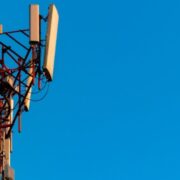
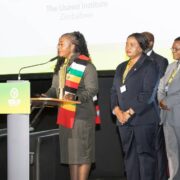
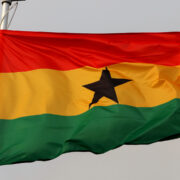
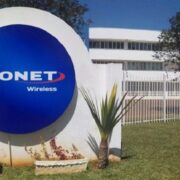

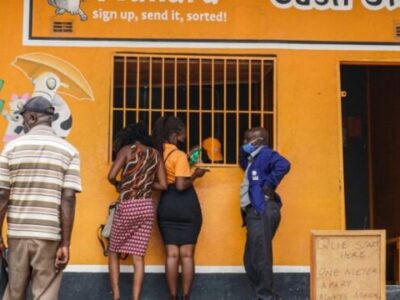




Comments